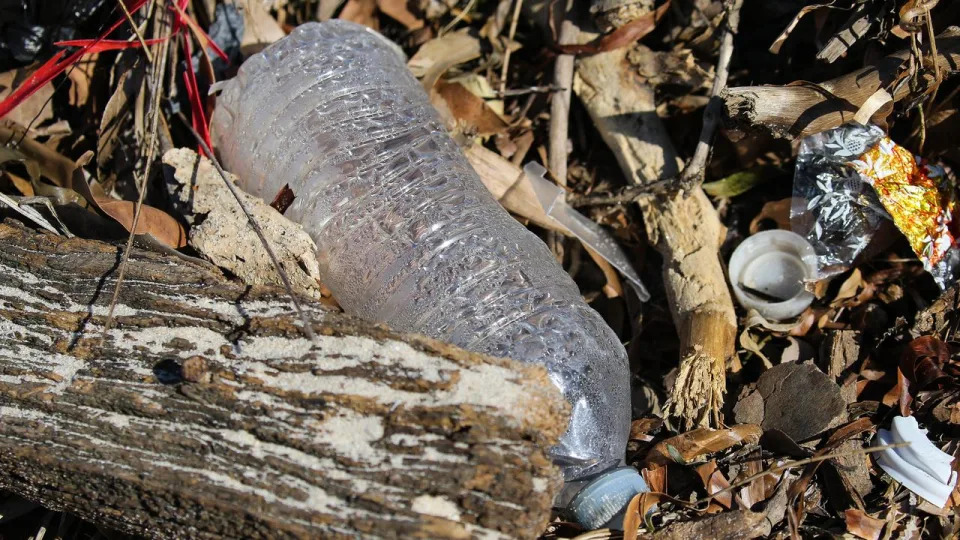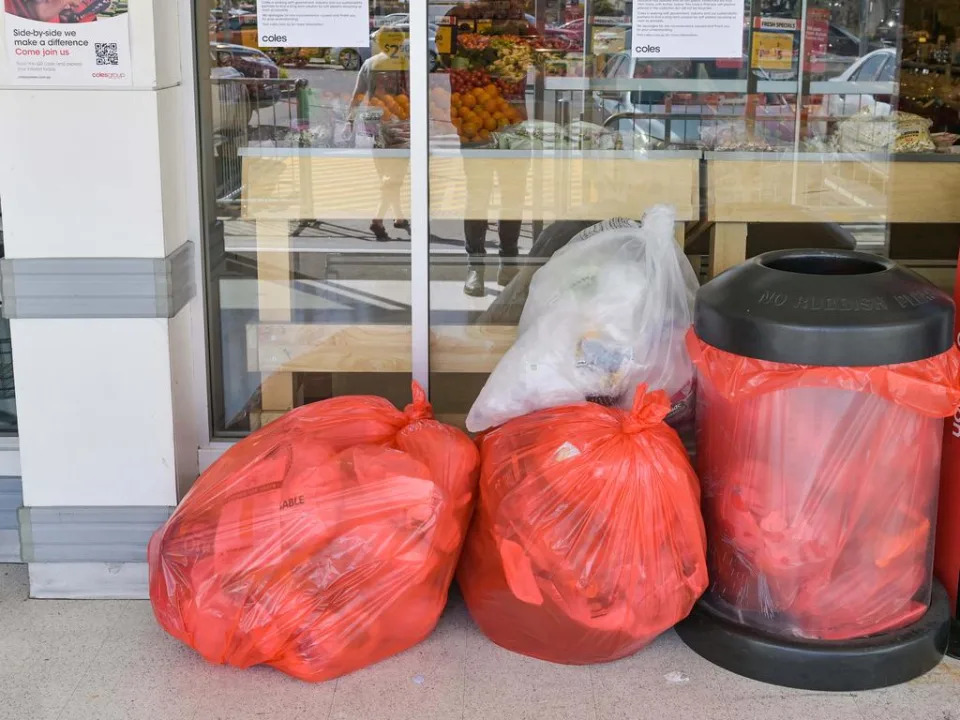Australia is poised at a pivotal juncture in its fight against plastic pollution. A recent proposal, drawing inspiration from the European Union’s approach, suggests the implementation of a tax on plastic packaging. This bold move could potentially funnel an astonishing $1.5 billion into the nation’s coffers each year.
The Australia Institute’s research unveils a striking figure: the federal government could amass $1300 per tonne of unrecycled plastic by levying a tax on businesses involved in the importation or production of plastic packaging. This initiative isn’t just about revenue generation; it’s a clarion call for a drastic shift in our plastic consumption and recycling habits.
Australia’s battle with a mounting plastic waste tsunami is well-documented. Current recovery rates for plastic waste are dismally low, with less than a fifth being recycled annually. This trend, coupled with the forecasted doubling of plastic consumption by 2050, paints a grim picture.
The proposed levy, aligned with the EU model introduced in 2021, requires businesses to pay €800 per tonne of unrecycled plastic packaging waste. In Australian currency, this translates to approximately $1300 per tonne. With an estimated 1.179 million tonnes of packaging waste annually, the levy could raise about $1.46 billion.
Public opinion backs this initiative, with a survey by the Australia Institute revealing strong support for legislated waste reduction targets and the inclusion of recycled material in plastic products. A notable 78% of respondents also endorsed a ban on non-recyclable plastics at home.
In conclusion, Australia’s potential tax on plastic packaging represents a transformative approach to tackling plastic waste. By incentivizing recycling and reducing plastic use, this policy could significantly contribute to environmental sustainability and create a more circular economy.





